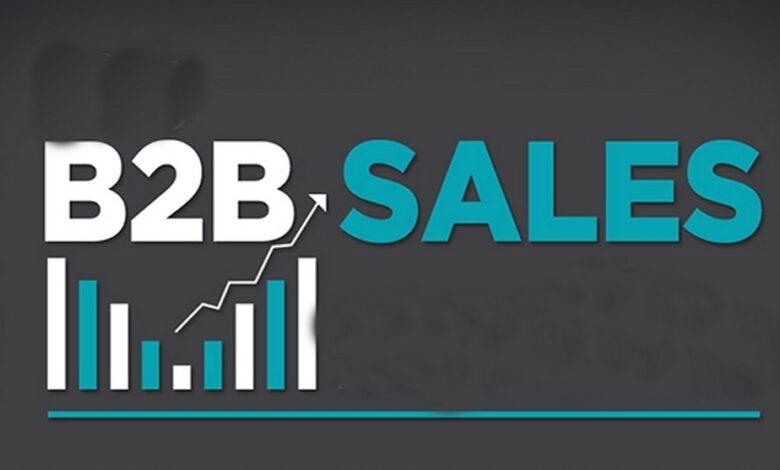What is B2B Ecommerce?

Successful B2B ecommerce platforms are designed to integrate seamlessly with existing business systems, enhancing efficiency and streamlining operations. This integration ensures that various processes, such as inventory management, customer relationship management, and accounting, work together without disruption. By effectively connecting b2b ecommerce with existing systems, businesses can optimize their operations, reduce errors, and improve customer experiences.
Let us delve into five ways successful B2B ecommerce platforms achieve seamless integration.
Real-time data synchronization
Seamless integration allows for real-time data synchronization between the ecommerce platform and existing business systems. This means that inventory levels, customer information, and order statuses are always up-to-date across all systems. Real-time updates prevent discrepancies and ensure smooth operations.
Automated order processing
Successful B2B ecommerce platforms automate order processing by connecting with ERP and CRM systems. This automation reduces manual input, speeds up order fulfillment, and minimizes the risk of errors. It also ensures that customer orders are processed quickly and accurately.
Unified customer profiles
Integration with CRM systems allows B2B ecommerce platforms to create unified customer profiles. These profiles contain detailed information about each customer’s preferences, order history, and interactions. Unified profiles enable personalized experiences and better customer service.
Streamlined accounting and billing
Integrating B2B ecommerce platforms with accounting software simplifies billing and financial management. Transactions are automatically recorded, invoices are generated, and payments are tracked without manual intervention. This streamlining reduces the workload for finance teams and improves accuracy.
Enhanced supply chain management
Successful integration with supply chain management systems allows B2B ecommerce platforms to optimize procurement and inventory management. This ensures that stock levels are maintained, and supply chain disruptions are minimized. Enhanced management leads to more efficient operations and better customer satisfaction.
Final words
Seamless integration between B2B ecommerce platforms and existing business systems is crucial for optimizing operations, reducing errors, and providing excellent customer service.



